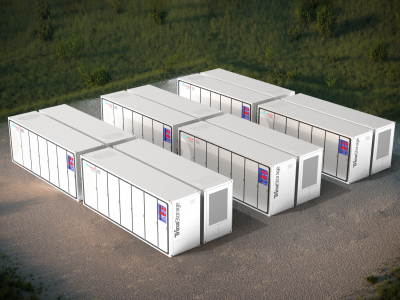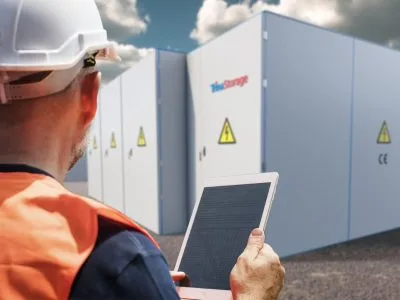Lithium Ion Batteries Account For 83 Percent of Energy Storage Capacity
A new report from Navigant Research examines global energy storage projects, providing a database of more than 1,200 projects encompassing more than 43,000 individual systems, with an analysis of regional technology choices and market shares.
Market activity in the energy storage sector continues to grow, with new project announcements occurring routinely and industry players exploring innovative business cases to make energy storage systems (ESSs) profitable. Nearly two gigawatts (GW) of new ESSs have been announced in 2016 so far, and several projects have reached commercial operation this quarter alone.
According to Navigant Research lithium ion (Li-ion) batteries remain the leading energy storage technology for new projects worldwide (excluding pumped hydro storage), accounting for 83 percent of newly announced ESS capacity through 3Q 2016.
“While Li-ion leads in terms of technology, distributed energy storage systems (DESSs) are becoming increasingly popular in several regions, accounting for around 14 percent of new system capacity announced in 2016—the highest percentage of any year on record,” says Ian McClenny, research associate with Navigant Research. “DESSs are generally much smaller than utility-scale systems and are expected to thrive as they become more cost-effective and productized, leading to more streamlined installation and opening new markets.”
Projects using flow batteries and hybrid battery systems are also becoming more popular, according to the report. These systems are advantageous in that they can provide multiple services to the grid based on dynamic conditions and specific requirements.
If you want to know more about this and other topics directly from end users of energy storage technologies join us at one of these annual events: The Energy Storage World Forum (Grid Scale Applications), or The Residential Energy Storage Forum, or one of our Training Courses.



